Naturalization and sport
Фотографии:
ˑ:
Dr.Sc.Soc., Professor Yu.A. Fomin
Moscow State Academy of Physical Culture, Malakhovka, Moscow region
Keywords: citizenship, naturalization procedure, athlete.
The term “naturalization” is not very familiar to the Russian audience. According to a public opinion poll we conducted on the basis of a random sample, only 8 out of 100 citizens of Russia could explain what this term means. And it is not surprising. Journalists widely used it during the 22nd Winter Olympic Games in Sochi, but the fact that the term is non-existent in many dictionaries of modern Russian language prevent many citizens from defining its meaning clearly. One surely cannot argue that it does not exist in the reference literature at all; we have been able to find it in three reference books though.
The meaning of this term is revealed, for instance, in “The New Soviet Encyclopedia” published in 1954: “Naturalization is one of the ways to acquire citizenship; getting citizenship of any state by a foreigner or a person without citizenship on his or her request” (2, p. 234). In 1959, “The Small Soviet Encyclopedia” defined “naturalization” as “granting someone citizenship (or nationality) of a country on his or her request or agreement, according to a procedure established by law” (8, p. 461). The Russian encyclopedia (2001) gives the following interpretation: “Naturalization means granting a person citizenship or nationality of a country on his request” (9, p. 1023). As we see, the meaning of the term has not changed with time.
So, naturalization is defined as granting a person the rights of citizenship or nationality of another country. Naturalization usually becomes possible after a foreigner has been living on a territory of another country for a long time. The knowledge of the official language of the country, a certain amount of funds for living, and a good reputation are sometimes necessary conditions for naturalization required by the law. Naturalized citizens usually enjoy less rights than the indigenous citizens during a time period defined by law.
Naturalization of athletes is normally exercised with the purpose to add dynamics to the development of some kinds of sport in the country which naturalizes athletes.
The relevance of the research is determined by the intensification of naturalization of elite athletes in the countries which create more favorable opportunities for the growth of sports skills, for financing athletes, and for ensuring successful performance of the athletes at the competitions of the highest level.
The procedure of changing citizenship has always existed and it is being perfected. There are general requirements, and these requirements are specified according to the laws and requirements in the legislation of each country. It is necessary to take this into consideration when the process of naturalization is under way.
The process of naturalization is motivated by different reasons – economic, political, as well as by pure sports ones. These reasons move the process of naturalization of athletes.
The process of naturalization takes place when the interests of a country and an athlete are the same. That is why analysis of the interests and attention to them are necessary.
When naturalization is under way there can be a clash of personal interests of sports management and interests of the country. There is a need for naturalization of athletes on the part of the International Olympic Committee (IOC) and the international sports federations, because these organizations are interested in raising the level of entertainment of sports competitions; and the naturalized athletes normally improve the standards of those competitions. These organizations regulate general provisions of naturalization of athletes, and these provisions are specified by legislation of those countries which naturalize the athletes.
It goes without saying that the interests of athletes themselves are taken into account, especially the financial interests and mere sports interests.
It is possible to take all these interests into consideration as a whole, to highlight the priorities, to build up the system which would be the most favorable for our society only as a result of a scientific research.
That is what exactly determines the importance of doing a research on the naturalization of athletes.
Despite the importance of this theme, this subject matter has not been covered in sports science so far. There are publications on naturalization of athletes only in mass media. However, consider only specific facts are considered in these publications, regardless of their essential connection with the set of social factors.
The process of naturalization is worked out by lawyers in terms of how the laws of a country correspond to the requirements of the international levels of sports authority.
Hence, we maintain that the level of our knowledge of this theme remains unsatisfactory, and this is one more argument in favor of the importance of doing a research on naturalization of athletes.
The problem with this research lies in the ambiguity of the consequences of the realization of this process.
That is why at the early stages of studying this issue – and the more fundamental studies are yet to come – the purpose of this research was to study public opinion on the expediency of naturalization of athletes.
We had three groups of respondents as objects of our survey: athletes, specialists, and people who are indirectly related to sport (fans and laymen who have no direct relation to sport).
Our survey was carried out from December 2013 through August 2014. During this time period questions were asked to determine position of 40 experts (instructors, sport officials, and coaches), 40 athletes of various qualifications, and 40 amateurs and laymen.[1]
This sample is surely not representative and the survey, therefore, must be regarded as probing, and the conclusions – as hypotheses with a certain ground. The results of the survey research are illustrated in Figure 1.
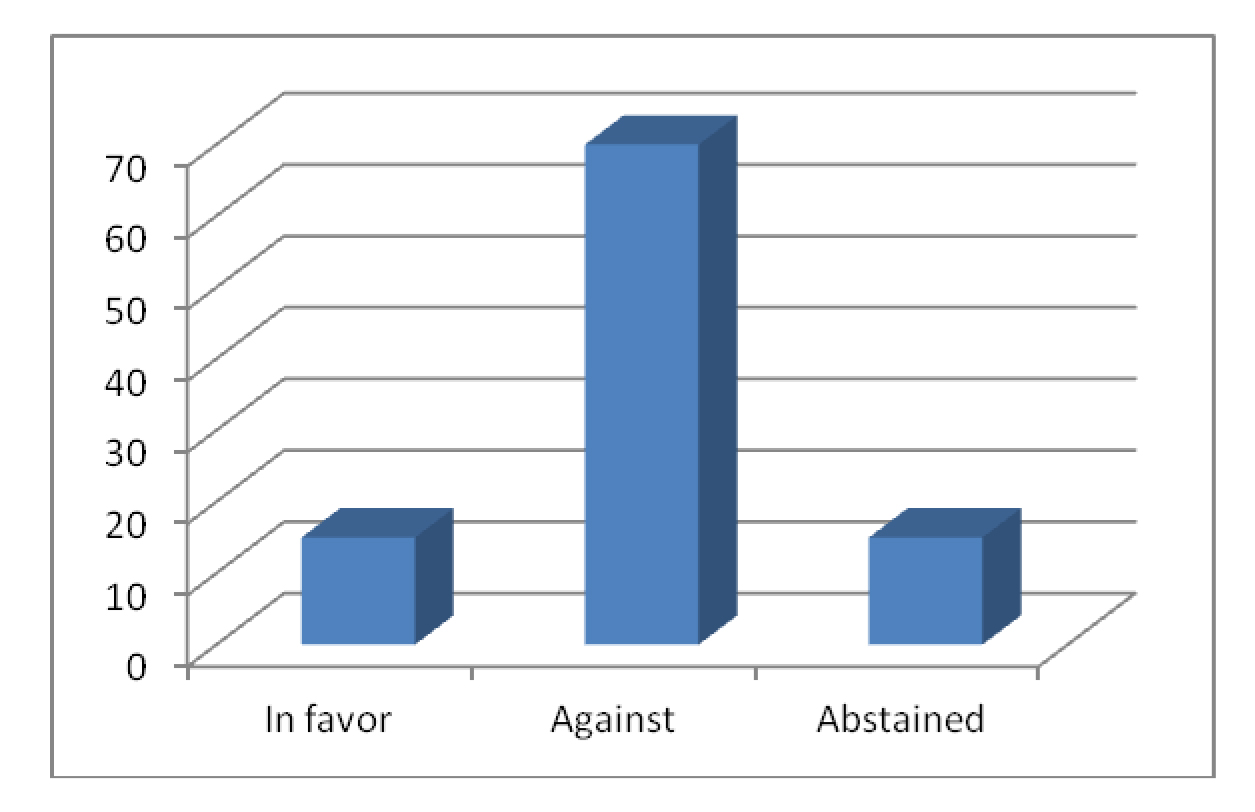
Figure 1. Physical education and sport experts opinion ratio
Figure 1 shows the responses of specialists in the field of physical culture and sport. We see that the overwhelming majority (70 percent) are against naturalization of athletes. 15 percent of the specialists who answered our questions believe that if a legionary surpasses our athletes in some parameters, then why he shouldn’t become a member of the Russian national team. 15 percent avoided giving an answer to this question, they believed that “time would show.”
The experts did not find it difficult to formulate and prove their opinion. The opponents of naturalization of athletes are convinced that generally this will be harmful for the development of elite sport, and, should it have a positive influence on mass sport, that influence will be negligible. A majority of the experts (61.25 percent) believe that naturalization of athletes is in the interests of high ranking sports and political officials. In contrast, supporters of naturalization are confident that it will do good to the national Russian sport and will also enable the national teams of Russia to be more successful on the international arena, which raises the prestige of not only domestic sport but of the entire nation as well.
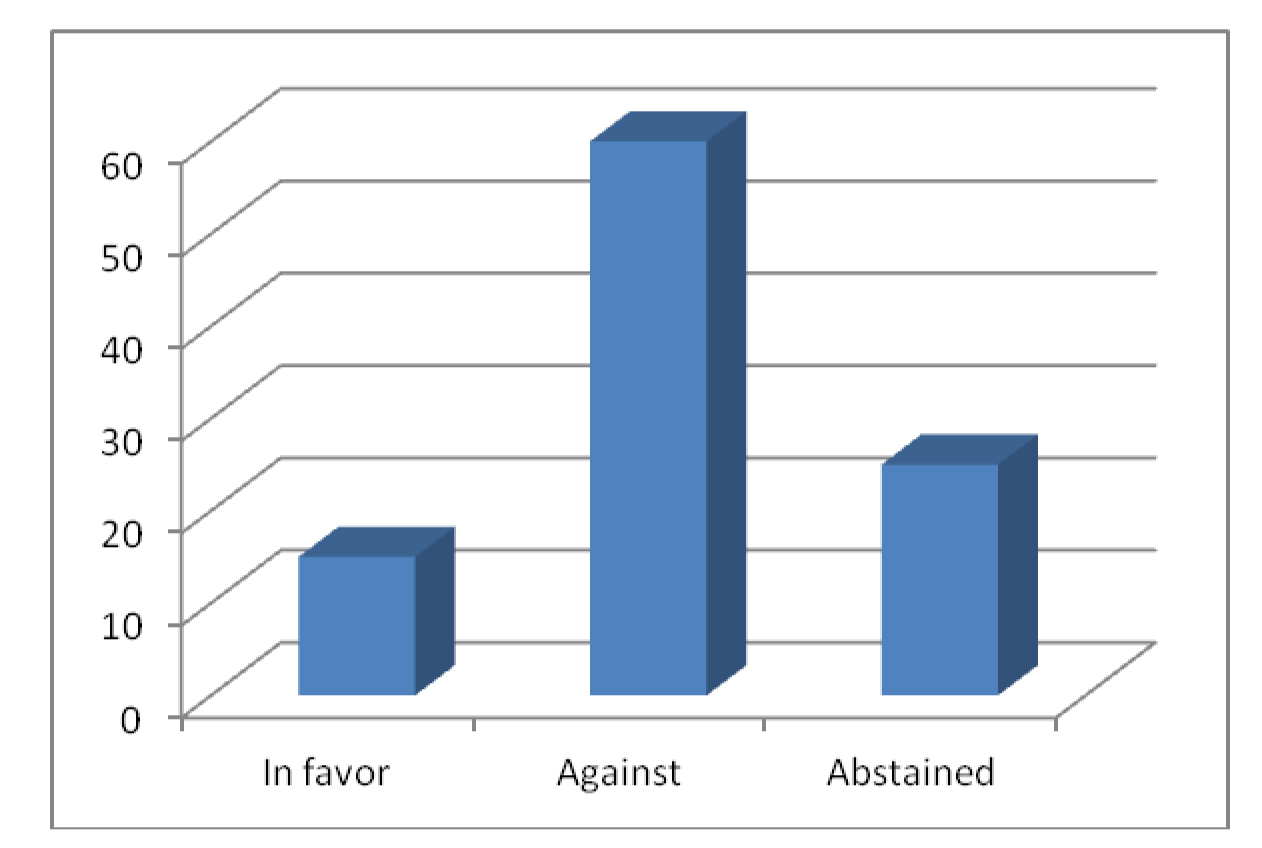
Figure 2. Opinion ratio of athletes of various qualifications
Figure 2 shows the attitude of athletes of various qualifications to naturalization.
60 percent of respondents were “against”; 15 percent of respondents were “in favor”; those who could not define their attitude to naturalization (“abstained”) constituted 25 percent. Those who were “in favor” explained their opinion by saying that if a particular kind of sport, for example, snowboarding, is not developed in our country, then naturalization of athletes from another country is appropriate in order to improve practice and get invaluable experience from them. It is interesting that 10 percent of the athletes who gave their answers are ready themselves to perform on behalf of other countries.
The third group of respondents has the largest number of supporters of naturalization of foreign athletes – 50 percent. They support their opinion by spectator and patriotic considerations – by growth of the country’s prestige at a given moment and in historical perspective; they say that those who are naturalized will be forgotten but the team’s victory in the history of sport will remain.
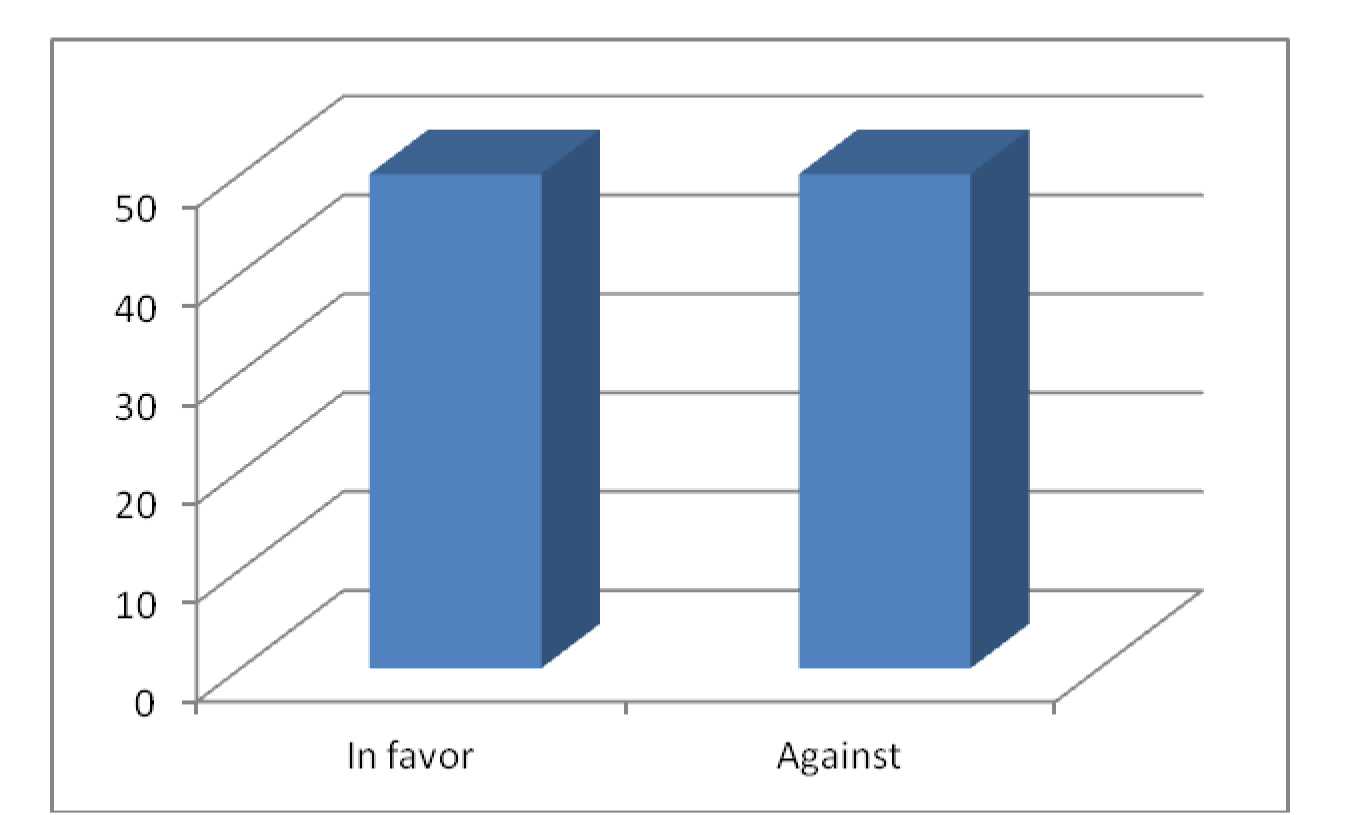
Figure 3. Opinion ratio of sports amateurs
Comparing the responses of sport experts and athletes we should say that the experts are more likely to be the opponents of naturalization.
The general picture of respondents’ attitude towards naturalization of foreign athletes is presented in Figure 4.
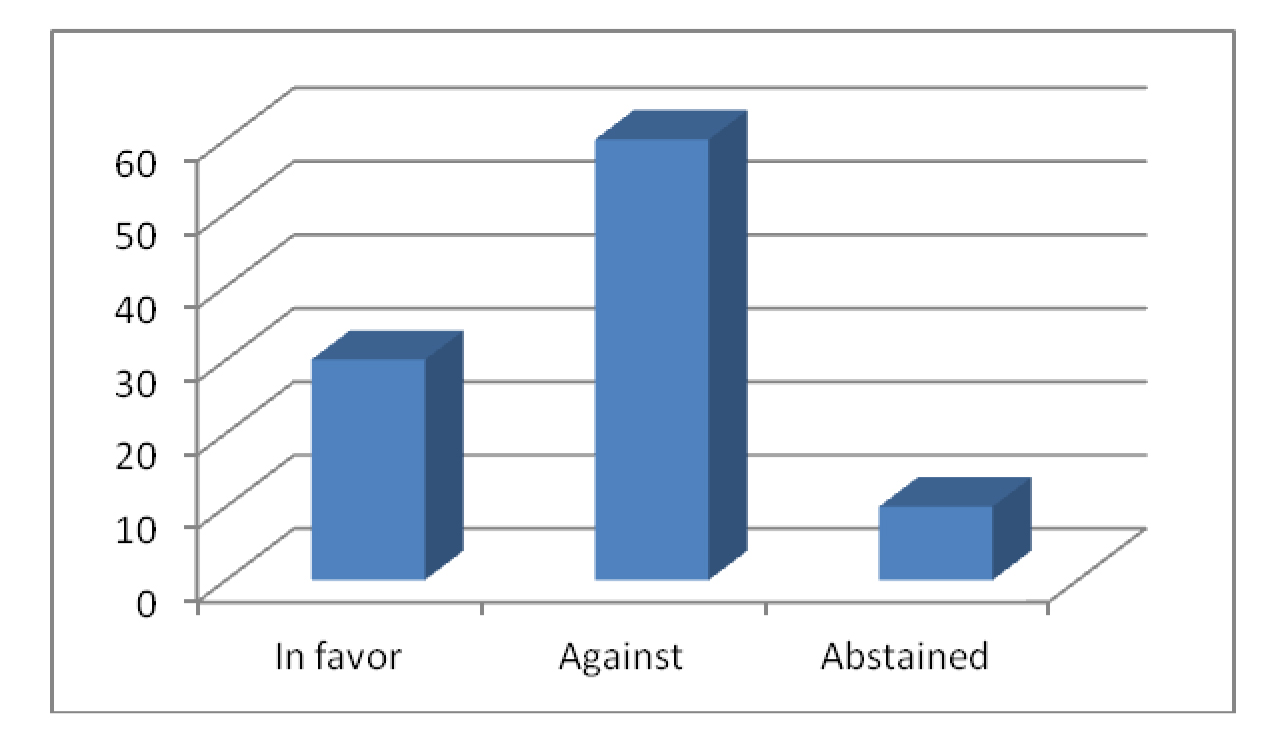
Figure 4. Opinion ratio of all respondents (as percentage of a total number of responses).
We can tell from Figure 4 that the majority of all the respondents are against naturalization of athletes.
The basic arguments against naturalization come to the following.
1. There are a lot of sport schools for children and young people, sport unions, various sport sections, and the athletes who practice in there; there have to be prospects for growth till the level of a national team; these prospects for growth disappear, and this incentive does not work for the increase of sports skills of athletes if the membership positions in national teams are given to the naturalized athletes.
2. If there is a direct relationship between an athlete’s and a coach’s success, the incentives of the latter to prepare an elite athlete significantly come down.
3. Naturalization of athletes weakens the feeling of patriotism.
Proponents of naturalization of athletes put forward their arguments.
1. A country needs sports victories which strengthen its prestige on the international arena.
2. Financing of sport depends on the results shown on the international arena and the level of financing leads to better results in the development of physical culture and sport.
CONCLUSIONS
1. There is no agreement in the social consciousness of Russia about how to evaluate the necessity and consequences of naturalization of foreign athletes.
2. The central argument in favor of naturalization of foreign athletes is the necessity to raise the level of development of national sport, a naturalized representative of which will serve as an example stimulating activities in a given kind of sport as well as the growth of sports skills.
3. An important argument in favor of naturalization is the necessity to strengthen national teams of Russia at the expense of highly qualified foreign athletes.
4. Opponents of naturalization of foreign athletes, in contrast, are confident that the naturalized foreign athletes will slow down the development of sports they practice, because they will occupy the membership positions which otherwise might have been given to domestic athletes, and because this will decrease the incentives for the domestic athletes to train.
5. High expenditures on naturalized athletes are not justified. It is more rational to spend these
funds on the development of sports schools for children and youth and on salaries for coaches.
References
- Aleksandrov, M. Zherar i Zhul'en (Gerard and Julien) // Sovetskaya Rossiya. – 2014. – July 19. – P. 4.
- BSE (Big Soviet Encyclopedia), 1954. – V. 29.
- BSE (Big Soviet Encyclopedia). – 3rd ed., 1974. – V. 17.
- Zyryankin, E. Stoit podumat' o naturalizatsii (Naturalization is worth thinking about) / E. Zyryankin //Sport-Express, 2014. June 30.
- Kravchenko, M. Na vsyu stranu 64 sbornika. Stydno! (Interv'yu s Fyodorom Cherenkovym) (64 collections for whole country. It is a shame! (Interview with Fedor Cherenkov) / M. Kravchenko // Sovetskiy sport. – 2014. – July 26. – P. 9.
- Lokalov, A. Chto govoryat spetsialisty (Experts' opinion) / A. Lokalov // Sovetskiy sport, 2014. – July 9. – P. 6.
- Malakhov, V.S. Transformatsii grazhdanstva v usloviyakh massovoy immigratsii: kontseptual'ny aspekt (Transformations of citizenship in context of mass immigration: conceptual aspect) / V.S. Malakhov // Sotsis, 2013. – № 6. – P. 42–47.
- Malaya sovetskaya entsiklopediya (Small Soviet Encyclopedia), 1959. – V. 6.
- Rossiyskiy entsiklopedicheskiy slovar': v 2 kn. (Russian Encyclopedic Dictionary: 2 Volumes) / Chief ed. A.M. Prokhorov. – Moscow: Bol'shaya Rossiyskaya entsiklopediya, 2001.
- Khovanskiy, I. … nas v nashu storonu (.. us to our side) / I. Khovanskiy // Sovetskaya Rossiya. – 2014. – July 15. – P. 4.
- Shunyaev, A. Viktor Nasri i Viktor Dumbiya vyigrayut dlya Rossii ChM-2018 (Victor Nasri and Victor Doumbia win 2018 World Cup for Russia) / A. Shunyaev // Metro, 2014. – July 8. – P. 12.
Corresponding author: kaf.filosofii215@yandex.ru
[1] The number of respondents does not include 100 people who were asked only one question, “Do you know what naturalization of athletes is?”


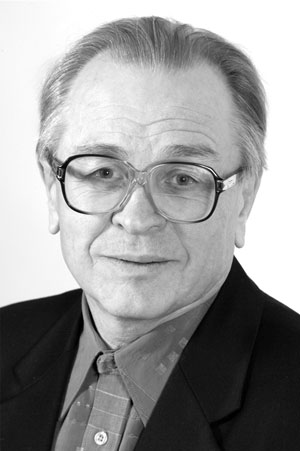

 Журнал "THEORY AND PRACTICE
Журнал "THEORY AND PRACTICE